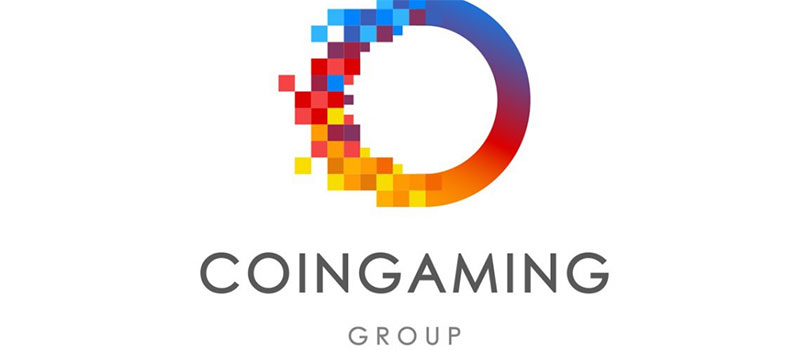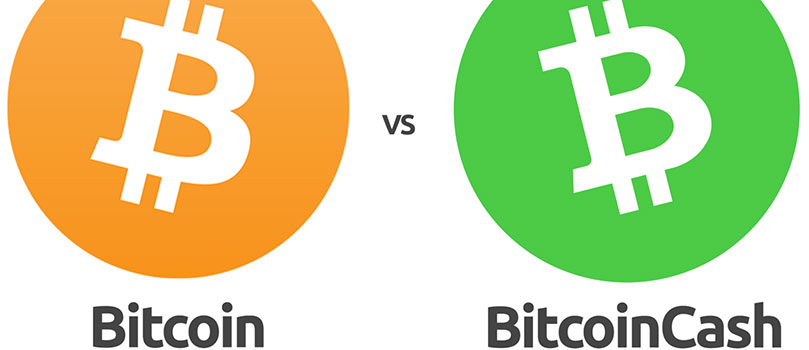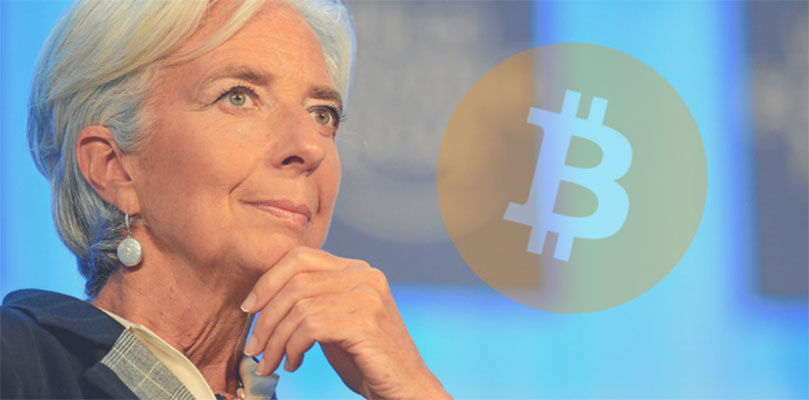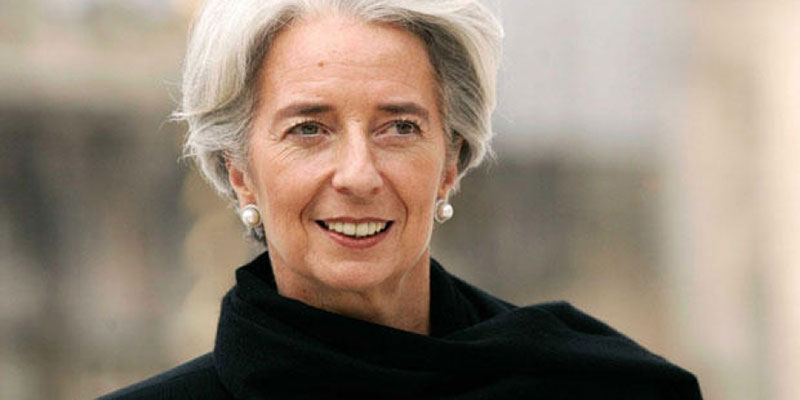A number of cryptocurrency projects have popped up in the past 18 months and for the first time since then, the cryptocurrency markets are in a rally mode but it is sort of bittersweet. In what many critics have labeled as the beginning of the crypto bubble burst, a downtrend in the crypto space has been causing quite the stir while at the same time leaving a significantly huge number of casualties in its wake.
According to an analysis of market data by Dead Coins, there are now more than 800 digital coins that are essentially dead. Even bitcoin which is without a doubt the bearer of the digital currency market has seen a 70 percent fall from its $20,000 record high in December 2017.
As it turns, this shake-up of the crypto market was expected after all. Blockchain veterans such as Joseph Lubin have been advocating for the consolidation of the industry for months – the Ethereum co-founder even once told CNBC that having many ICOs is worthless, a sentiment that was echoed by Ripple Chief Brad Garlinghouse, who pointed out the existence of a “gray area” that would allow ICOs to operate until regulation finally “catches up.” Apparently, this is exactly what is going on.
There will certainly be no love lost between the crypto community and the numerous failed projects that range from software that has been previously abandoned to the fraudulent schemes that have been rife on the internet of late. CoinSchedule reports that there has been an explosion in the number of ICOs in the recent past with some companies having raised up to $3.8 billion in ICOs last year alone. The number went on to shoot up this year and the total amount of money collected now hangs around the $11.9 billion.
Hundreds of these crypto projects are now either officially dead or at the brink of taking the same routed because they were either scams or the product has not materialized in the way the people behind them envisioned. Deadcoin, the website that lists all the digital currencies that are either in the gutters or are headed there confirms the number mentioned above – the majority of the 800 coins are worthless and trade at less than 1 cent.
This Might Be a Good Thing
Considering how turbulent the crypto market has been, teams behind most of the digital coins have just given up, used the money to raise funds or cash out during peak market movements. Even so, there is a still a lot of optimism as the proponents of cryptocurrencies believe that the regulations are certainly going to get better in the future as regulators such as SEC begin to keep a watchful eye on crypto. This will eventually boost market participation among many other benefits.








